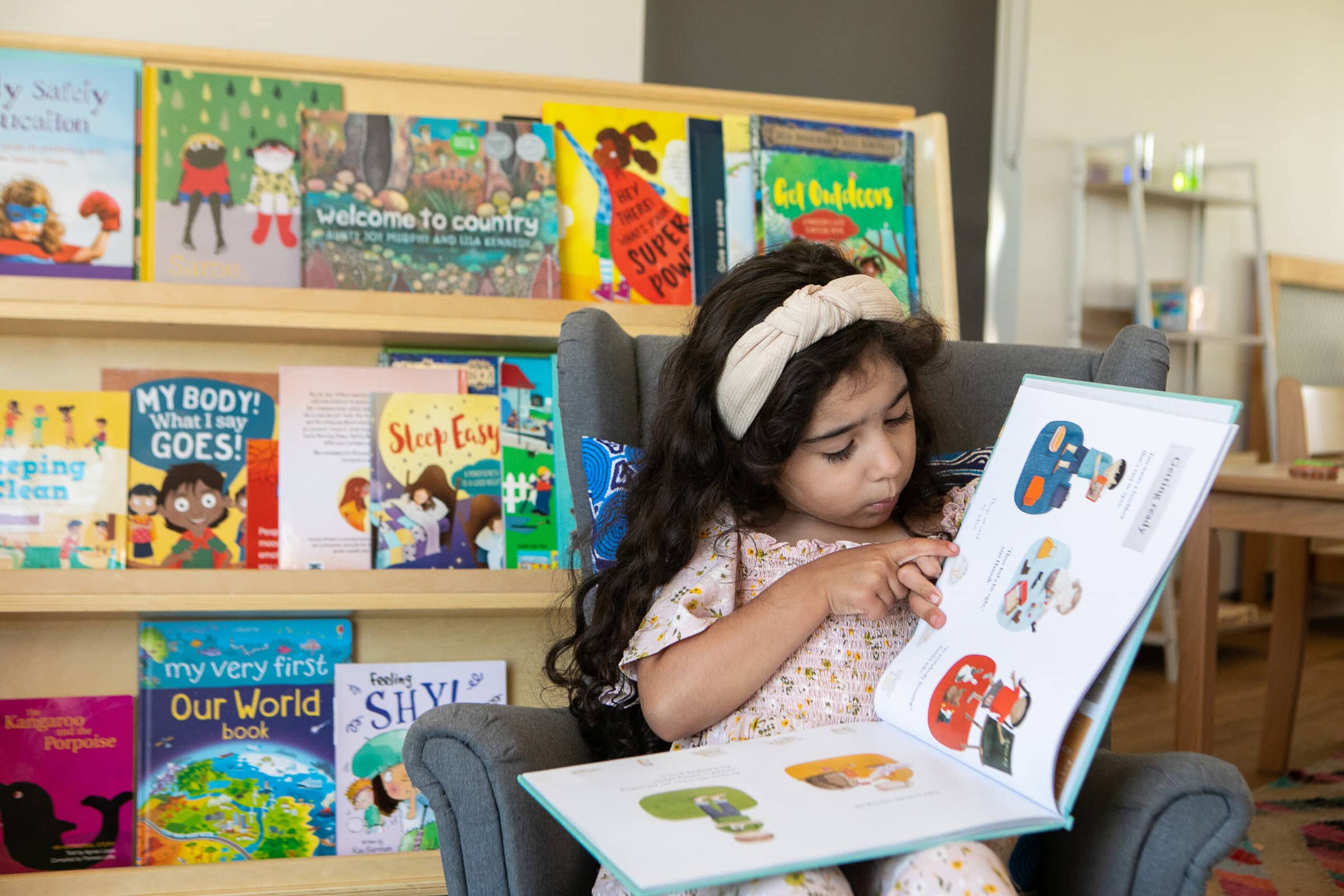The Importance of Routines to Help Your Child Learn


Being a parent can be stressful, and it can be easy for households to become unorganised. However, research shows that routines can not only help provide structure to your household but also benefit your children’s learning and development.
Daily routines help families become organised, stay on top of tasks, and spend time together. Implementing a routine ensures that all family members know what tasks they are responsible for and when they need to be completed. Routines help children to feel safe, develop life skills and create positive habits. Routines help parents to reduce stress levels and allows them to find time for their own interests and activities. It is never too early or too late for your family to implement a routine.
The implementation of a daily routine has a range of benefits for children and their learning and development.
A daily routine can improve your child’s health as they have set times for meals, sleep, and exercise. It is a good way to ensure that you allocate adequate time for each activity. When sleeping times are consistent, your child will know when to start winding down for the day.
While daily routines can include basic tasks like teeth brushing and bedtime, you can begin to incorporate other special events and your own family rituals. Setting time for children to go to the park or read a story with their parent, grandparent or sibling will allow your family to create special rituals and your child will begin to look forward to and cherish these moments spent together. When family activities are regular, your child will start to understand the importance of spending time together, strengthening their values, beliefs, and family bond.
Routines create an organised and predictable home environment, allowing children to feel safe, secure and looked after. Routines can help make difficult times or change more manageable.
Routines give each day structure, making life easier for parents. Rather than struggling to get the kids to have a bath or brush their teeth, the child will become aware of when different tasks take place each day. Over time, they will know what needs to be done and their confidence will begin to grow as they take the initiative to complete the tasks on their own. Having a daily routine will create a calmer home environment. All family members know what to expect each day, reducing stress levels and anxiety.
By implementing routines, children will begin to establish positive, healthy habits. They will recognise that the activities and tasks included in daily routines are important. Children are then more likely to implement healthy habits such as grooming, eating, learning, and cleaning in their routine as they get older.
There are four main elements of a good daily routine. An effective daily routine is well planned, it is important that each family member knows and understands their roles and what is expected of them. A good routine is regular and will become a part of everyday family life and eventually feel natural. A good routine is predictable, things happen in the same order each day so that everyone knows what each day will entail. Lastly, a good routine is flexible. Things do change and as children get older you must be able to adjust the daily routine to the changing needs of the family.
Routines can be implemented as soon as children are born, however, they can also be started at any time.
See the tips below to consider when implementing a routine:
Setting a routine for your child will help them learn skills and habits that will last them a lifetime. Remember it is never too early or too late to implement a daily routine for your family.